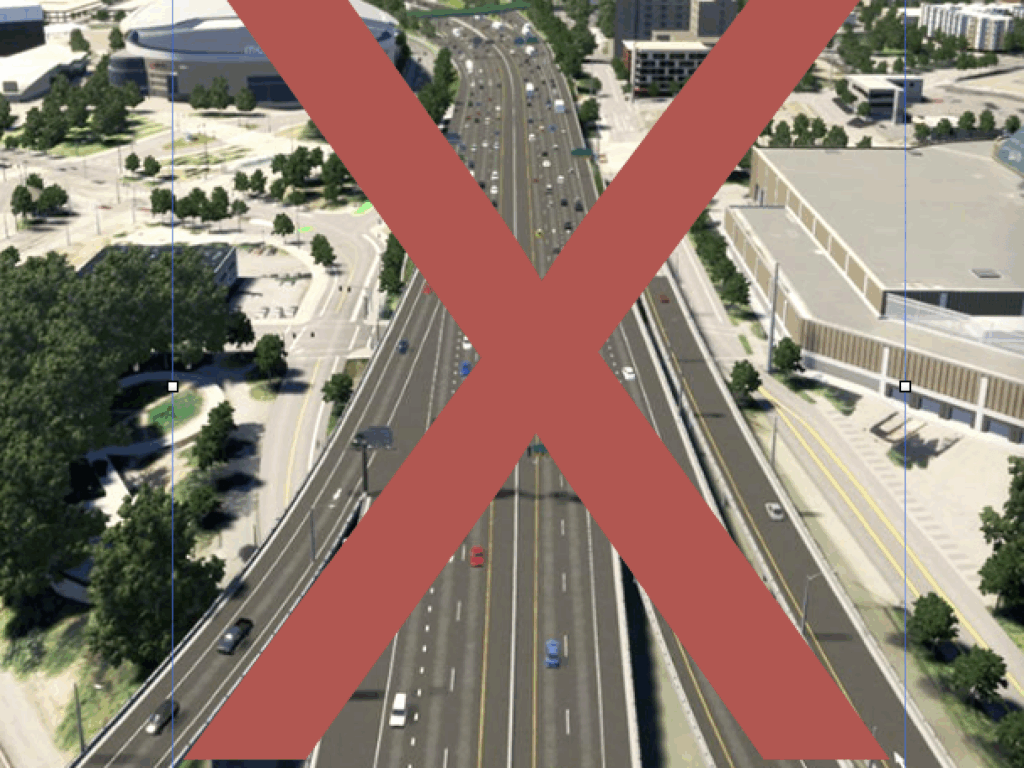Which cities have the strongest concentrations of independent bookstores?
Last week, we explored what we called the “mystery in the bookstore.” There’s a kind of good news/bad news set of narratives about bookselling in the US. After decades of decline in independent bookselling, many cities have seen a rebound by locally run stores. And while that appears to be true in many different locations, the overall trend, in terms of the number of bookstores counted in government statistics, still seems to be downward. We’re not quite sure how to reconcile these to divergent trends, so it remains something of a mystery–although we have some suspicions about what’s happening.

Part of the answer to this mystery lies in geography. The bookstore industry seems to be doing better in some places than in others. So, in typical City Observatory fashion, we set out to quantify the concentration of independent bookstores in different metropolitan areas. For data, we turned to the Indie Bookstore Finder, a web-based directory that let us search by radius in different cities. Like other web-based resources, its likely that not every independent bookstore in the country is included, but the data are extensive and nationwide in scope. We selected a point in the center of the central business district in each of the nation’s 53 largest metropolitan areas (all those with a population of a million or more) and searched for independent bookstores within a 25-mile radius. The Indie Bookstore finder reported that there were 453 independent bookstores in these metropolitan areas.
There’s a pretty wide distribution in the presence of independent bookstores among metropolitan areas, at least according to this data source. Two Pacific Northwest cities, Seattle and Portland top the list, with more than 7 independent bookstores per million population. The typical large metro area has between 3 and 4 indie bookstores per million; three metro areas, Hartford, Jacksonville and Virginia Beach have none (at least none who are captured in this database).
As we noted yesterday government statistics count a lot more establishments as bookstores. For example, according to xxx, there are an estimated 3,500 bookstore establishments in these metro areas, so our “indie bookstore” listing about 10 percent of establishments counted by the Census. Many of the businesses classified as bookstores under the Census data are often auxiliaries to other businesses, such as a bookstore that’s part of a museum, or sell a range of printed material, like greeting cars or magazines (think of an airport bookstore). Given the demographics of the firms in this database, however, they seem to represent the more substantial and “book” focused retailers.

